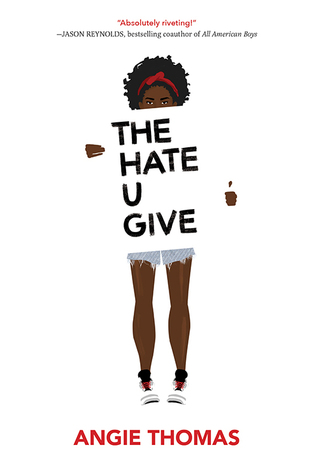Alan Dershowitz claims a fictional lawyer defamed him. The implications for novelists are very real.
on Charles of the Washington Post reports that Alan Dershowitz, a real-life attorney, claims that he was defamed by a fictional attorney on the CBS All Access show The Good Fight.
This may sound comic, “But his complaint, if successful, could pose a challenge to the vibrancy of contemporary historical fiction and biographical fiction — indeed, to any creative work that includes interactions between fictional and real-life public figures,” writes Charles.
What Irony Is Not
“A handy guide to distinguishing the notoriously slippery concept from its distant cousins coincidence, satire, parody, and paradox.”
In this excerpt from his book Irony and Sarcasm, Roger Kreuz, Associate Dean and Director of Graduate Studies in the College of Arts and Sciences and Professor of Psychology at the University of Memphis, attempts to define this notoriously slippery term and differentiate it from related concepts such as coincidence, paradox, satire, and parody.
Author Angie Thomas on How Books Are Transforming the Next Generation: ‘They’re Realizing Their Power’

“I believe in the power of books and how they shape young people for the future,” Thomas declared. “I’m very hopeful that we’re giving them better tools so that they could be better leaders than any of us ever imagined.”
Angie Thomas, whose 2017 YA debut novel was The Hate U Give, believes books can inspire and empower the world’s future leaders.
Listen Up: The Benefits of Audiobooks for Your Heart and Mind
I’ve always thought of audiobooks as a way to get more reading done while doing other tasks such as cleaning or folding laundry. Here Stacey Megally bolsters that function with information on the mental, physical, and emotional benefits of audiobooks.
Watch more TV to understand the backlash against the women in the running for vice president
Beth Daley, co-author with Kristina Horn Sheeler of the book Woman President: Confronting Postfeminist Political Culture, examines “how fictional and actual women presidential figures are framed in news coverage, political satire, memes, television and film. Our close reading of these diverse texts reveals a persistent backlash that takes many forms: satirical cartoons that deploy sexist stereotypes; the pornification of women candidates in memes; and news framing that includes misogynistic metaphors, to name a few.”
Reading as a Form of Protest
Gracie Bialecki lauds reading as a form of protest because of novels’ ability to increase empathy by immersing readers into the lives of characters different from themselves.
Among the books she cites are Black Boy by Richard Wright, The Hate U Give by Angie Thomas, and Sula by Toni Morrison.
© 2020 by Mary Daniels Brown

